 Welcome
Welcome
“May all be happy, may all be healed, may all be at peace and may no one ever suffer."
Anemia
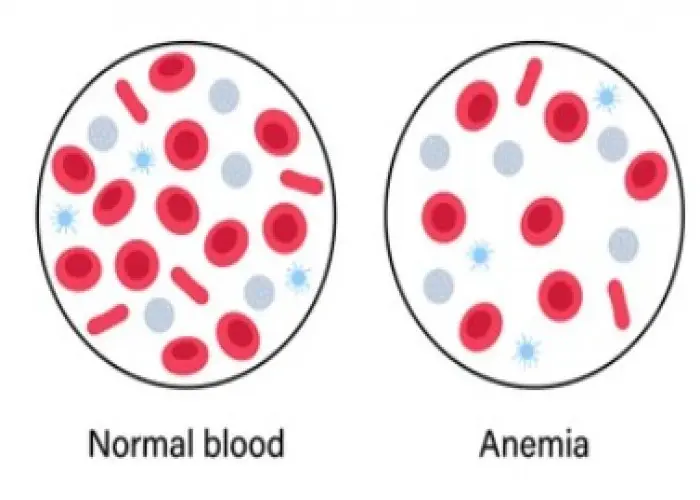
Anemia is a medical condition in which the body does not have enough red blood cells or hemoglobin, which is a protein that carries oxygen to the body's tissues. Anemia can cause a variety of symptoms, including fatigue, weakness, shortness of breath, dizziness, and pale skin.
There are many different causes of anemia, including blood loss, an insufficient dietary intake of iron and other nutrients needed for red blood cell production, certain medical conditions (such as kidney disease or cancer), and certain medications.
Treatment for anemia varies depending on the underlying cause and can include lifestyle changes (such as improving your diet or reducing blood loss), supplementation with iron or other nutrients, and medications to increase red blood cell production or treat the underlying medical condition.
If you think you may have anemia, it's important to see a doctor for a diagnosis. The doctor will likely perform a blood test and ask you about your symptoms and medical history to determine the cause of the anemia and the best course of treatment.
Research Papers
Disease Signs and Symptoms
- Fatigue (Tiredness)
- Weakness
- Yellow skin
- Irregular heartbeats (arrhythmia)
- Shortness of breath (dyspnea)
- Dizziness (vertigo)
- Headaches
Disease Causes
Anemia
Anemia can be due to a condition present at birth (congenital) or to a condition you develop (acquired). Anemia occurs when your blood doesn't have enough red blood cells.
This can happen if:
- Your body doesn't make enough red blood cells
- Bleeding causes you to lose red blood cells more quickly than they can be replaced
- Your body destroys red blood cells
What red blood cells do
Your body makes three types of blood cells — white blood cells to fight infection, platelets to help your blood clot, and red blood cells to carry oxygen from your lungs to the rest of your body and carbon dioxide from the body back to the lungs.
Red blood cells contain hemoglobin — an iron-rich protein that gives blood its red color. Hemoglobin enables red blood cells to carry oxygen from your lungs to all parts of your body and to carry carbon dioxide from other parts of the body to your lungs to be exhaled.
Most blood cells, including red blood cells, are produced regularly in your bone marrow — a spongy material found within the cavities of many of your large bones. To produce hemoglobin and red blood cells, your body needs iron, vitamin B-12, folate and other nutrients from the foods you eat.
Causes of anemia
Different types of anemia have different causes. They include:
- Iron deficiency anemia. This most common type of anemia is caused by a shortage of iron in your body. Your bone marrow needs iron to make hemoglobin. Without adequate iron, your body can't produce enough hemoglobin for red blood cells.
- Without iron supplementation, this type of anemia occurs in many pregnant women. It's also caused by blood loss, such as from heavy menstrual bleeding; an ulcer in the stomach or small bowel; cancer of the large bowel; and regular use of some pain relievers that are available without a prescription, especially aspirin, which can cause inflammation of the stomach lining resulting in blood loss. It's important to determine the source of iron deficiency to prevent recurrence of the anemia.
- Vitamin deficiency anemia. Besides iron, your body needs folate and vitamin B-12 to produce enough healthy red blood cells. A diet lacking in these and other key nutrients can cause decreased red blood cell production. Some people who consume enough B-12 aren't able to absorb the vitamin. This can lead to vitamin deficiency anemia, also known as pernicious anemia.
- Anemia of inflammation. Certain diseases — such as cancer, HIV/AIDS, rheumatoid arthritis, kidney disease, Crohn's disease and other acute or chronic inflammatory diseases — can interfere with the production of red blood cells.
- Aplastic anemia. This rare, life-threatening anemia occurs when your body doesn't produce enough red blood cells. Causes of aplastic anemia include infections, certain medicines, autoimmune diseases and exposure to toxic chemicals.
- Anemias associated with bone marrow disease. A variety of diseases, such as leukemia and myelofibrosis, can cause anemia by affecting blood production in your bone marrow. The effects of these types of cancer and cancer-like disorders vary from mild to life-threatening.
- Hemolytic anemias. This group of anemias develops when red blood cells are destroyed faster than bone marrow can replace them. Certain blood diseases increase red blood cell destruction. You can inherit a hemolytic anemia, or you can develop it later in life.
- Sickle cell anemia. This inherited and sometimes serious condition is a hemolytic anemia. It's caused by a defective form of hemoglobin that forces red blood cells to assume an abnormal crescent (sickle) shape. These irregular blood cells die prematurely, resulting in a chronic shortage of red blood cells.
Disease Prevents
Anemia
Many types of anemia can't be prevented. But you can avoid iron deficiency anemia and vitamin deficiency anemias by eating a diet that includes a variety of vitamins and minerals, including:
- Iron. Iron-rich foods include beef and other meats, beans, lentils, iron-fortified cereals, dark green leafy vegetables and dried fruit.
- Folate. This nutrient, and its synthetic form folic acid, can be found in fruits and fruit juices, dark green leafy vegetables, green peas, kidney beans, peanuts, and enriched grain products, such as bread, cereal, pasta and rice.
- Vitamin B-12. Foods rich in vitamin B-12 include meat, dairy products, and fortified cereal and soy products.
- Vitamin C. Foods rich in vitamin C include citrus fruits and juices, peppers, broccoli, tomatoes, melons and strawberries. These also help increase iron absorption.
If you're concerned about getting enough vitamins and minerals from food, ask your doctor whether a multivitamin might help.
Disease Treatments
Anemia treatment depends on the cause.
- Iron deficiency anemia. Treatment for this form of anemia usually involves taking iron supplements and changing your diet. For some people, this might involve receiving iron through a vein.
- If the cause of iron deficiency is loss of blood — other than from menstruation — the source of the bleeding must be located and the bleeding stopped. This might involve surgery.
- Vitamin deficiency anemias. Treatment for folic acid and vitamin C deficiency involves dietary supplements and increasing these nutrients in your diet.
- If your digestive system has trouble absorbing vitamin B-12 from the food you eat, you might need vitamin B-12 shots. At first, you might have the shots every other day. Eventually, you'll need shots just once a month, possibly for life, depending on your situation.
- Anemia of chronic disease. There's no specific treatment for this type of anemia. Doctors focus on treating the underlying disease. If symptoms become severe, a blood transfusion or injections of a synthetic hormone normally produced by your kidneys (erythropoietin) might help stimulate red blood cell production and ease fatigue.
- Aplastic anemia. Treatment for this anemia can include blood transfusions to boost levels of red blood cells. You might need a bone marrow transplant if your bone marrow can't make healthy blood cells.
- Anemias associated with bone marrow disease. Treatment of these various diseases can include medication, chemotherapy or bone marrow transplantation.
- Hemolytic anemias. Managing hemolytic anemias includes avoiding suspect medications, treating infections and taking drugs that suppress your immune system, which could be attacking your red blood cells. Severe hemolytic anemia generally needs ongoing treatment.
- Sickle cell anemia. Treatment might include oxygen, pain relievers, and oral and intravenous fluids to reduce pain and prevent complications. Doctors might also recommend blood transfusions, folic acid supplements and antibiotics. A cancer drug called hydroxyurea (Droxia, Hydrea, Siklos) also is used to treat sickle cell anemia.
- Thalassemia. Most forms of thalassemia are mild and require no treatment. More-severe forms of thalassemia generally require blood transfusions, folic acid supplements, medication, removal of the spleen, or a blood and bone marrow stem cell transplant.
Disease Diagnoses
Disease Allopathic Generics
-
Ferrous Sulfate
If anemia occurs, medicines containing ferrous sulfate can be given.
2 spoons 2/3 times a day after meals.
-
Ferrous Sulfate + Folic Acid + Zinc Sulfate
If anemia occurs, medicines containing ferrous sulfate can be given.
1 pill daily after food.
-
Zinc Sulfate Monohydrate
If anemia occurs, medicines containing ferrous sulfate can be given.
1 pill daily after food.
-
Ferrous Gluconate
If anemia occurs, medicines containing ferrous sulfate can be given.
1 capsule 2/3 times daily after meals.
-
Ferrous Fumarate
If anemia occurs, medicines containing ferrous sulfate can be given.
2 spoons of syrup or 1 capsule 2/3 times a day after meals.
-
Folic Acid
1 pill 3 times a day.
-
Cyanocobalamin
1cc medicine should be injected into the flesh after 1 day.
Disease Ayurvedic Generics
Disease Homeopathic Generics
Disease yoga
Anemia and Learn More about Diseases
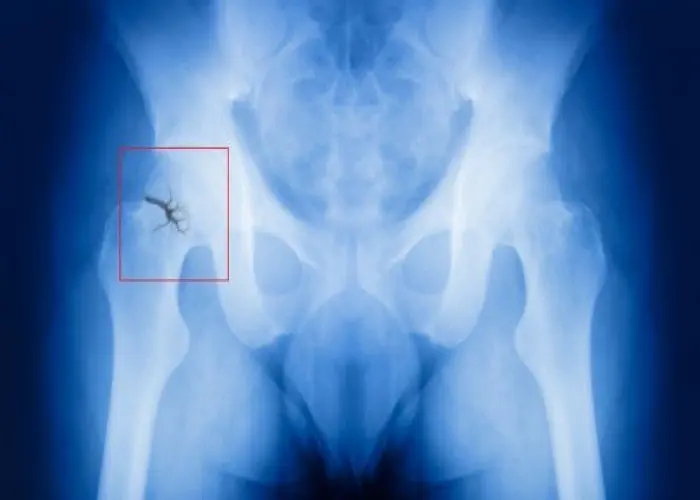
Hip fracture

Botulism

Staph infections
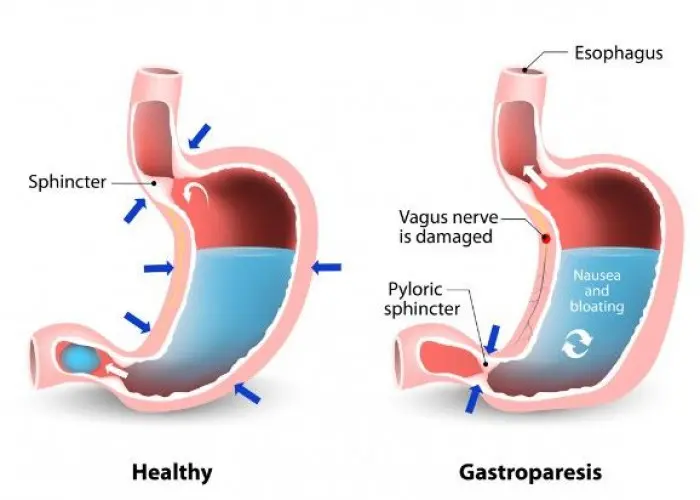
Gastroparesis
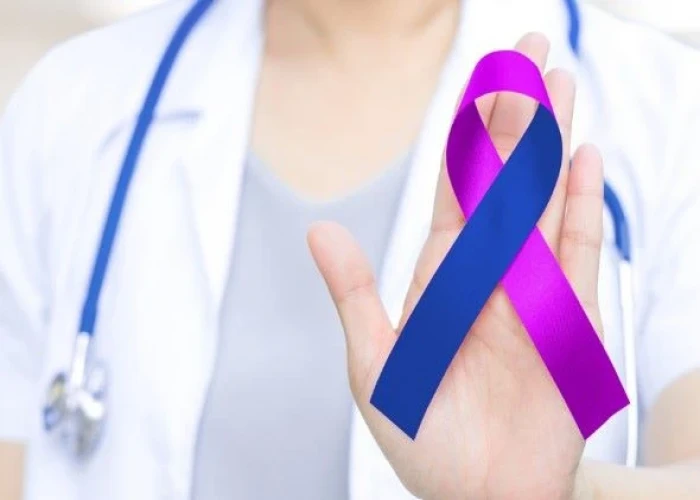
Mixed connective tissue disease
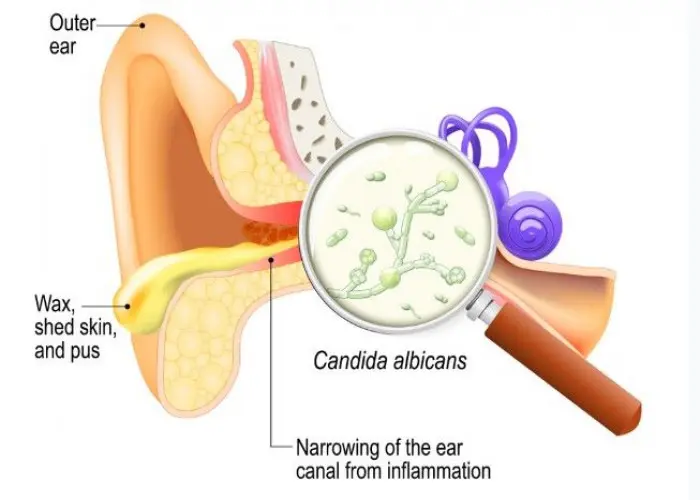
Swimmer's ear

Childhood asthma

Chronic pelvic pain in women
Anemia, Thalassemia, Anaemia, Aplastic anemia, রক্তাল্পতা
To be happy, beautiful, healthy, wealthy, hale and long-lived stay with DM3S.
